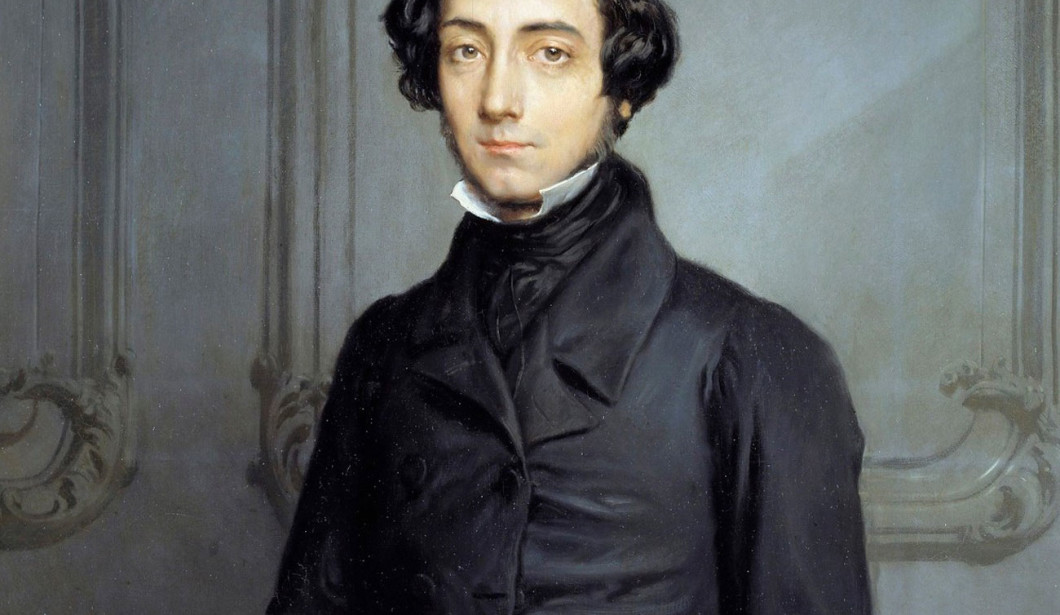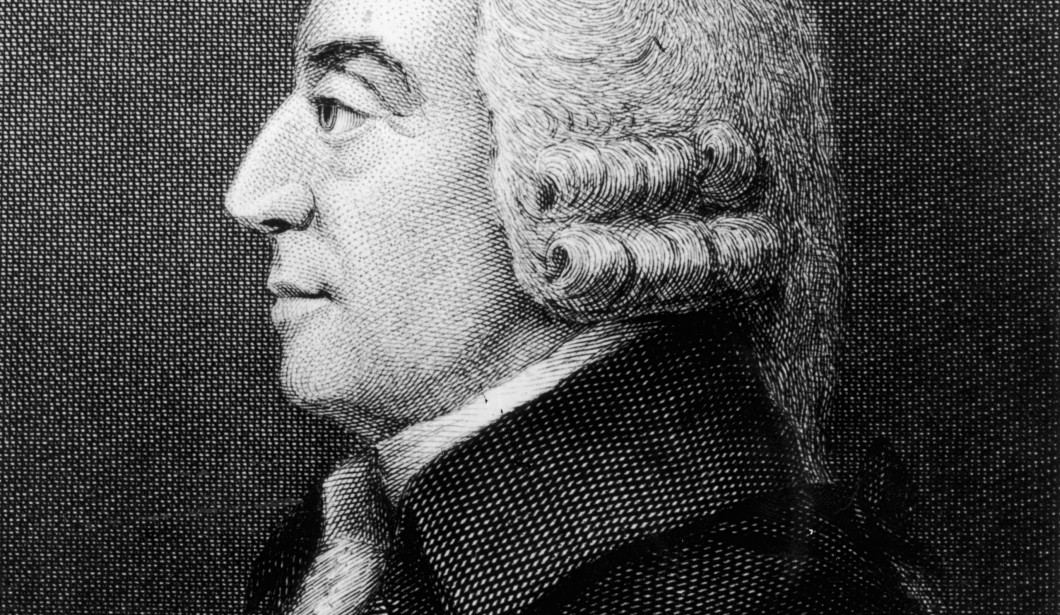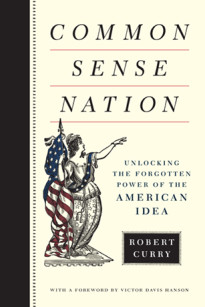Robert Curry’s Common Sense Nation provides a layman’s guide for approaching the philosophical underpinning of the American founding, Declaration of Independence, and Constitution. But this spritely book also challenges the conventional wisdom of revolutionary era scholars with a fresh takes on several important overlooked influences on the birth of our nation.
Below are three compelling areas where Curry breaks from the status quo:

1) Tocqueville got some critical arguments on America very wrong:
Frenchman Alexis de Tocqueville is often cited as the authority on early America based on his vibrant account of the fledgling nation in Democracy in America.
However, Curry challenges two of Tocqueville’s more popular assertions.
The first concerns a passage famously quoted from Tocqueville on Americans’ supposed lack of interest in theoretical pursuits:
“I think that in no country in the civilized world is less attention paid to philosophy than in the United States.”
Curry contends that, on the contrary, at the time of the Founding-and Tocqueville’s visit in 1831-America was in fact “the preeminently philosophical nation”:
“America was dedicated to a philosophical truth, the proposition that all men are created equal. That truth, the design of the Constitution, and the Founders’ vision for how American society and the American economy are to operate were grounded in the common sense realism of the American Enlightenment. America, the common sense nation, was the one nation in the world fully prepared and capable of applying philosophical theories boldly and effectively.”
Tocqueville also challenged the success of the Enlightenment’s religious views in America:
“There is no country in the world in which the boldest political theories of the eighteenth-century philosophers are put so effectively into practice as in America. Only their anti-religious doctrines have never made any headway in that country.”
Curry counters:
“There was a simple reason Tocqueville found that the anti-religious doctrines of the French Enlightenment had never made any headway in America. The Founders had not relied on the philosophes of the French Enlightenment. The Founders relied on an entirely different set of eighteenth century philosophers. Those Enlightenment philosophers and the Founders shared neither the anti-religious views nor the political theories of the French.”



